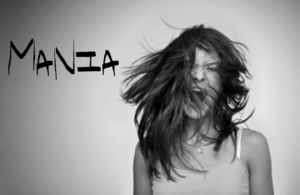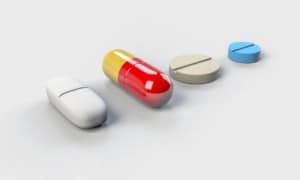Many people seeking depression treatment and counseling are struggling with what therapists call “treatment resistant depression”. This is depression that has not responded well to either counseling or a number of antidepressants medications for a long period of time.
 If you’ve found yourself in this discouraging situation, could there be a reason these usually effective approaches to depression are not working?
If you’ve found yourself in this discouraging situation, could there be a reason these usually effective approaches to depression are not working?
Maybe.
There’s a saying in health care: If treatment isn’t working, reconsider the diagnosis.
What if your depression and challenges in life are a little more complicated?
What if you’re experiencing not just depression, but bipolar depression?
Bipolar Disorder
Most people have heard about Bipolar disorder. It is biological based and genetically inherited, not the result of some poor childhood experiences or traumatic events, and is mostly treated with medication.
Bipolar disorder also incredibly common. As many as 1 in 25 people may have it.
Bipolar disorder is diagnosed when a person experiences one or more episodes of mania in their lifetime. Mania is a state of euphoria, grandiosity (high self-esteem), goal directed activity, high-risk behavior, sleeplessness, and intense energy. At its peak, mania can even lead to delusions of grandeur or psychotic breaks with reality.
People often end up hospitalized for the most intense versions of bipolar mania, and that can lead to a quick diagnosis if it hasn’t been previously identified.
You Don’t Know What You Don’t Know
However, the majority of people with bipolar disorder don’t know they have it. They haven’t realized they were in a manic episode.
It’s easy to overlook mania, especially in its less intense forms. Mania is very difficult to recognize when you’re in the midst of it, and besides, it feels so good! Why would someone consider that a problem enough to seek counseling?
So why don’t people respond to antidepressants when they’ve been chronically depressed? Because the medications that are helpful for bipolar disorder are different than antidepressants. A common issue for people with bipolar disorder who take antidepressants is that they work initially but then stop working suddenly later. 
More concerning, antidepressants may make things worse! They can trigger episodes of mania by elevating someone’s mood too high.
If someone starts to feel really good quickly when they start taking antidepressants, it can suggest they need to be evaluated for bipolar disorder.
Get the Right Help
If you are seeking depression treatment, it’s important you work with someone who can distinguish the common form of depression from bipolar disorder. In my counseling practice, I always screen for symptoms of mania.
Ruling out bipolar disorder is one of the first things I do when someone comes into my office depressed. My anecdotal experience is that about 25% of them have bipolar disorder.
While the first step in treating bipolar disorder is starting medication, counseling for bipolar disorder is essential.
If you’ve suffered with treatment resistant depression, or can identify some manic symptoms mentioned above, contact me for an evaluation. This could be could be the key that will unlock your struggles, allowing you to live a fuller, richer, and more stable life!
